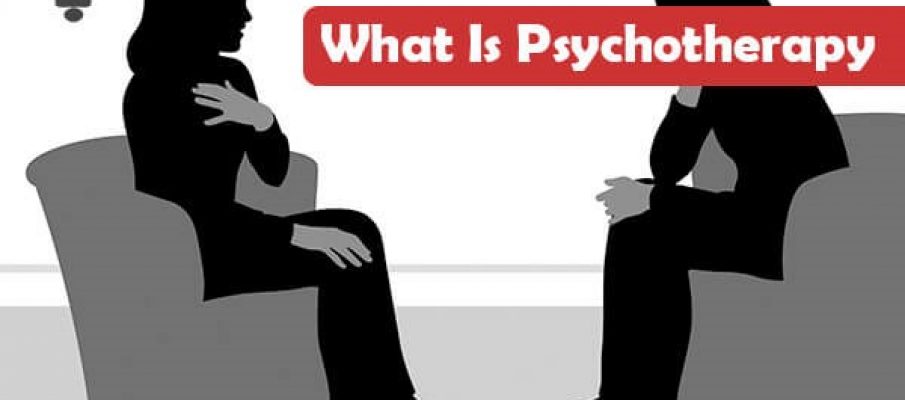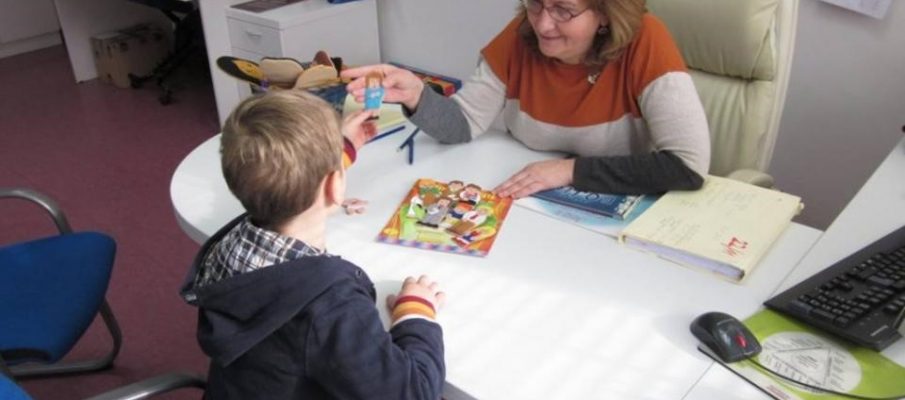How to Utilize Jungian Analysis and Therapy For Success

The benefits of Jungian analysis and treatment can be life-changing. Regardless of the circumstance, people have long been drawn to Jung’s insight and his simple, even plain approach to healing. Jung’s descriptions of the human mind and psyche have helped people make sense of the chaotic jumble of human emotions, thoughts, and actions. While modern science has yet to find a cure for mental illness, Jungian analysis and treatment offer hope to many. Even in our modern, scientific times, there are still those who seek a solution to mental imbalance, seeking an explanation for why bad things happen and how to prevent or heal them.
Jungian Analysis and therapy
Jungian analysis and treatment can be used by anyone, at any stage of their lives. Whether the cause of a troubling situation is grief over the death of a loved one or an abusive relationship or a feeling that one is stuck in a rut and lacking in purpose, the process can help bring order out of chaos. The benefits of analyzing your life are countless. Here are some of the top ones:
Personal Growth and Development. Jungian analysis can play a big role in personal growth and development because it helps you uncover your inner wholeness. Through his teachings, you will learn who you really are and where you fit within the larger structure of your mind, spirit, and life. You may experience new insights and understanding of yourself and your place in the world. This can lead to an increase in self-awareness and self-esteem, and to increased confidence. The effects can be transformational.
Clarity. During therapy sessions, Jungian analysis and treatment can also help you unearth blocks and hindrances you’ve been carrying around with you since childhood. By exploring your memories and dealing with those parts of your life you no longer feel comfortable with, you can free yourself of the suffering you’ve been carrying around with you since birth.
Inner balance. When you have an inner balance, you have great health, happiness, and energy. Jung believed that all living beings are attempting to achieve this state in order to enjoy their lives. If you are not happy or healthy in your current state, then there is something you need to address. Jungian psychology can help you deal with these blockages so you can move on to a higher level of understanding and bliss. You’ll also learn how to love yourself again so that you can finally start believing that you can have everything that you want in life.
Peace of mind. When you’re feeling stressed and unhappy, it’s hard to do the things you want or even sleep well at night. A great way to combat this is to get some sleep and relaxation. Jung believed that through dream translation, he may be able to help patients translate their dreams so they can better understand what’s going on in their bodies at that moment. This can be a great step towards a more peaceful and relaxing life, which is so necessary when you are surrounded by many different stresses.
Acceptance. Jungian analysis and therapy may also help you understand how the people around you try to affect your thoughts and feelings. The way they talk to you, react to you, or push against you may be so frustrating that you start to doubt yourself and your abilities. Jung believed that all people have an inherent desire to fulfill their potential and that you are responsible for keeping this potential intact.
In life, you are always striving for something that may prove to be a success. Jungian psychology helps you understand that whatever you are doing now is an attempt to achieve this goal. If you allow negative influences to keep you from reaching your goals, then you will never fully realize your true potential. Through analysis and therapy, you can understand why your current actions and patterns are holding you back and how to overcome them so that you can reach your fullest potential.



